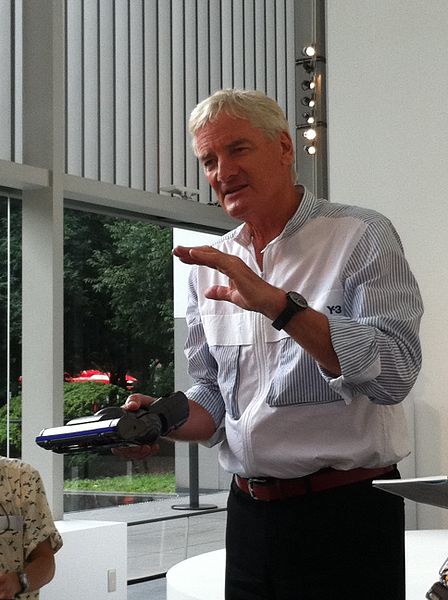
Speaking at a recent incubator event for start-ups, Sir James Dyson warned that patent applications and renewal fees are too costly and called for the system to be simplified. He also claimed that the cost of litigating to defend a patent can amount to £3 million — a big number in anyone’s language. The problem with this kind of headline grabbing comment is that the big number is all that anyone remembers regardless of its accuracy.
Before delving into the detail behind the vacuum cleaner entrepreneur’s comments, it is worth remembering that patents provide their owners with a legal monopoly - otherwise anathema to commercial competition. As such, society requires high standards to be applied to those seeking such monopoly protection. That is why the process is exacting. Careful examination of the merits of a patent application costs money.
While I agree that patents are not inexpensive and seeking this type of intellectual property protection should always be approached carefully, based on a clear appreciation of the market value of the invention, the system used to protect such rights is accessible.
‘Patents provide their owners with a legal monopoly, and society requires high standards to be applied to those seeking such protection
The patent office fees for pursuing a patent application are low - subsidised by Mr Dyson’s hated renewal fees. So which is better - higher up front costs with lower renewals or the present arrangement? Renewal fees have a dual effect - firstly they generate valuable revenue for the patent office allowing reduced filing costs and secondly they encourage patent proprietors to release older technology into the public domain by allowing those patents to lapse.
So what about the £3 million question? In the UK, the Patent Court system was modernised two years ago in a bid to make justice easier to access for small and medium-sized businesses. This is making a difference and is going a considerable way to convincing smaller companies that protecting their innovations is a good idea.
Under the amended system, court procedures require the claimant to give much more information about the case they are bringing up front. This will enable the court to reach a decision more swiftly. Importantly, the costs that can be recovered from the losing party have been capped at £50,000 and a further cap on the damages that can be awarded was set at £500,000 last year.
The context of Dyson’s claims needs to be examined. He is typically involved in High Court litigation between multi-billion pound corporations where the value of the case is in the tens or hundreds of millions. In such cases, it is obvious that both parties will deploy the best resources available to win the case. In fact, patent cases at the Patents County Court are typically run for approximately 5% of Mr. Dyson’s frightening £3m. Now I accept that is still a big number for many SMEs but it is within reach. Finally, there is the claim that only 18% of cases are decided in favour of the rights owner. I’m not sure where that figure comes from but analysing only decided cases ignores the hundreds of cases which are commenced each year but which settle before trial and the thousands that don’t even get that far because the infringer surrenders without the need to issue a legal claim.
‘Patent cases at the Patents County Court are typically run for approximately 5% of Mr. Dyson’s frightening £3m
The system isn’t perfect but good progress has been made in recent years to increase access to the IP system for SMEs. Instead of putting off small and medium-sized companies from seeking advice about intellectual property, business leaders should be persuading them that this is an essential part of running a successful R&D-led business and failing to seek patent protection could end up costing them dearly.
Dave Croston is a partner and patent attorney at Withers & Rogers - one of the UK’s leading firms of patent and trade mark attorneys.




Report highlights significant impact of manufacturing on UK economy
I am not convinced that the High Value Manufacturing Centres do anything to improve the manufacturing processes - more to help produce products (using...